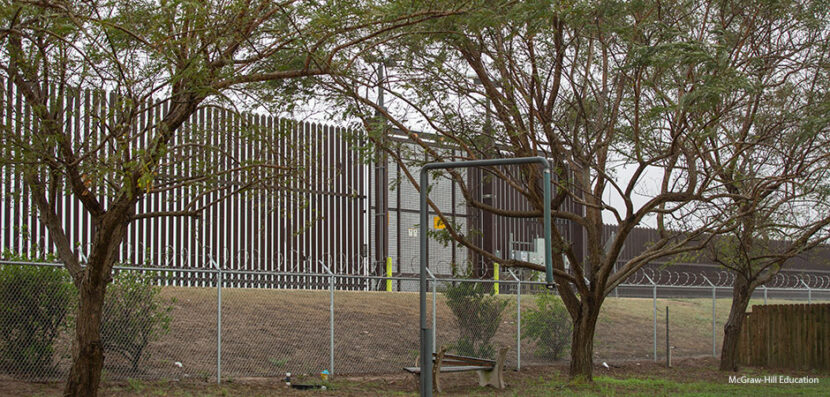Trump Takes on Asylum Seekers
From travel bans to border walls, it’s no secret that the Trump administration has been characterized by controversial policies toward immigration. In April, the White House issued a requirement that people seeking asylum–meaning people who are fleeing dangerous or violent conditions in their home country–would have to wait in Mexico for their cases to be processed, rather than here in the United States. A federal judge quickly blocked this requirement.
Last week, Trump followed up with a presidential memo suggesting several changes to the current immigration policy. These changes are aimed specifically at potential asylum seekers and are meant to speed up the process they go through upon arriving at the border, which is hugely backlogged right now. But these proposals are already sparking a great deal of debate among immigration experts. Here, Election Central takes a closer look.
What Are the Proposed Changes?
Trump has often suggested that asylum-seeking is a loophole in the immigration system that too many people are taking advantage of. Among the changes he suggested in his memo to solve this problem: charging a fee to asylum seekers. The fee would cover the cost of processing their applications. Another major change would be requiring that all asylum applications be processed within 180 days. As the majority of asylum applications are turned down, this would theoretically move asylum seekers back out of the U.S. more quickly.
But is it Even Legal?
Technically, yes. According to the U.S. Immigration and Nationality Act, the government is allowed to charge a fee to people seeking asylum or work authorization within the United States.
But the idea is still very controversial for several reasons. First, people seeking asylum often do so because they are fleeing violence, dangerous conditions, or intense poverty in their home country, which will make it extremely difficult or impossible for them to pay fees to seek asylum. Because of this, the plan will most affect the most vulnerable populations. Plus, some experts doubt that charging fees will further slow down the already-sluggish asylum process. Others point out that the right to seek asylum is protected under international law.
As far as the 180-day requirement goes, it’s unclear how the current system–which is currently very overwhelmed with old, slow-moving cases–will meet this request unless the federal government is prepared to allocate a lot more resources to the process to address delays and make things move more quickly.
So What Will Happen?
The president has given Attorney General William Barr and the current Homeland Security Secretary ninety days to put these new policies in place, even though the language surrounding them is still pretty vague. But regardless of what the specific policies actually wind up looking like, it’s almost certain that they will be challenged in court.



